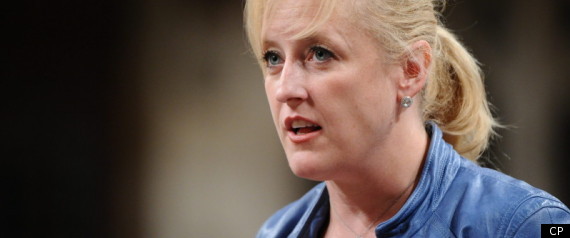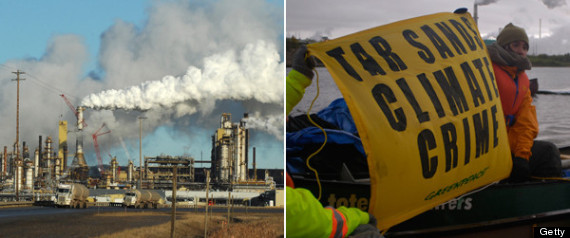There is plenty of oil sands oil for all buyers and it's not dirtier than any other type of oil, Canada's Natural Resources Minister told delegates at the International Energy Forum in Kuwait.
Tuesday at the general assembly of the IEF, Joe Oliver described Canada as an important contributor to world energy security. He also defended Alberta bitumen against the European Commission's Fuel Quality Directive, which would assign the resource a higher greenhouse gas value than conventional types of oil.
"Any policies that discriminate against oilsands will impede the free flow of global oil supplies and are detrimental to overall energy security," he told the conference.
Oliver reinforced this point in meetings he had with EU ministers from Germany, France, the U.K., Poland and Belgium. He outlined the Canadian position in a letter that will eventually be sent to all EU environment and energy ministers.
Tuesday at the general assembly of the IEF, Joe Oliver described Canada as an important contributor to world energy security. He also defended Alberta bitumen against the European Commission's Fuel Quality Directive, which would assign the resource a higher greenhouse gas value than conventional types of oil.
"Any policies that discriminate against oilsands will impede the free flow of global oil supplies and are detrimental to overall energy security," he told the conference.
Oliver reinforced this point in meetings he had with EU ministers from Germany, France, the U.K., Poland and Belgium. He outlined the Canadian position in a letter that will eventually be sent to all EU environment and energy ministers.





















